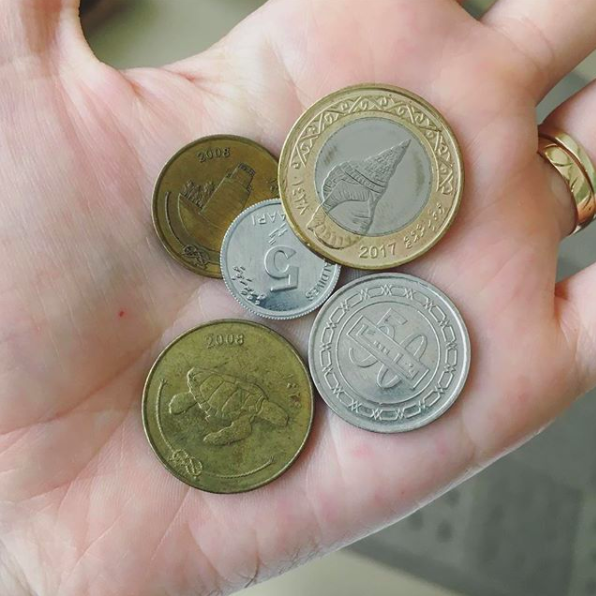It’s the season for giving, but which non-profits will make the most of your gift? Check out my advice for selecting charities and avoiding scams in the Nov issue of the Singapore American Newspaper:
These days it seems like figuring out where to donate your money requires as much research as an undergraduate thesis. Which charities use the largest percentage of donations to serve their cause? Which countries are most in need? How do you know you’re not losing your hard-earned money to a scam?
First things first: vetting a non-profit is simple as a Google search (and if it isn’t that simple, be very suspicious). Resources like GiveWell, The Life You Can Save, and Giving What We Can provide comprehensive breakdowns of the efficacy of a range of charities. Make sure to cross-reference all recommendations with at least one other source to paint a fuller picture. For example, Charity Navigator only focuses on an organization’s administration costs and finances but not its effectiveness or overall impact, so this site’s statistics ought to be considered alongside information found elsewhere.
When doing your research, here are a few notable red flags and pitfalls to watch out for:
- Avoid celebrity or athlete charities as they are, almost without exception, sinkholes.
- Really avoid “voluntourism” (and this includes mission trips) unless you’re a medical professional. Giving your time to build a school might feel rewarding, but giving money to a non-profit that will not only build a school but train staff and maintain the property will be far more beneficial in the long run. If you’re intent on getting your hands dirty, join Habitat for Humanity.
- Putting coins into a collection jar in a restaurant or supermarket is nowhere near as effective or trackable as making a donation online.
- Be wary of giving directly to orphanages. In general, it will do the children more good if you support verified NGOs who focus on community-based health or social services. There are even instances where donating to orphanages does active harm, as in the case of Haiti, where a reported 80% of orphans are actually children coerced away from their families and exploited for the sake of luring in funds.
- It’s easy in the moment to let guilt drive you to give to people asking for donations in the street, but resist doing so. Often these organizations have large marketing budgets to execute such fundraising activities. It’s usually the charities you don’t see on the streets that are the ones giving the most to their causes. Forbes contributor Phil DeMuth’s rule of thumb is: “Trust your money to the people you find, not to the people who find you.”
For hard data on the world’s critical areas of need, check out the Bill and Melinda Gates Foundation website. There you’ll find a wealth of information on not only the challenges but on the opportunities and strategies to resolve these issues.
It is an unfortunate fact of this world that some people view the kindness of others as an opportunity to enrich themselves. At times, it can feel like being generous isn’t worth it. But it is.
Despite the apocalyptic news cycle, global poverty, child mortality rates and illiteracy have declined drastically over the past century and projections expect this trend to continue. Donations have played a huge part in that. So, while you should absolutely do your research and be cautious about where your money is going, to quote author Elizabeth Gilbert: “Don’t get so worried about which charity is best that you give nothing.”


